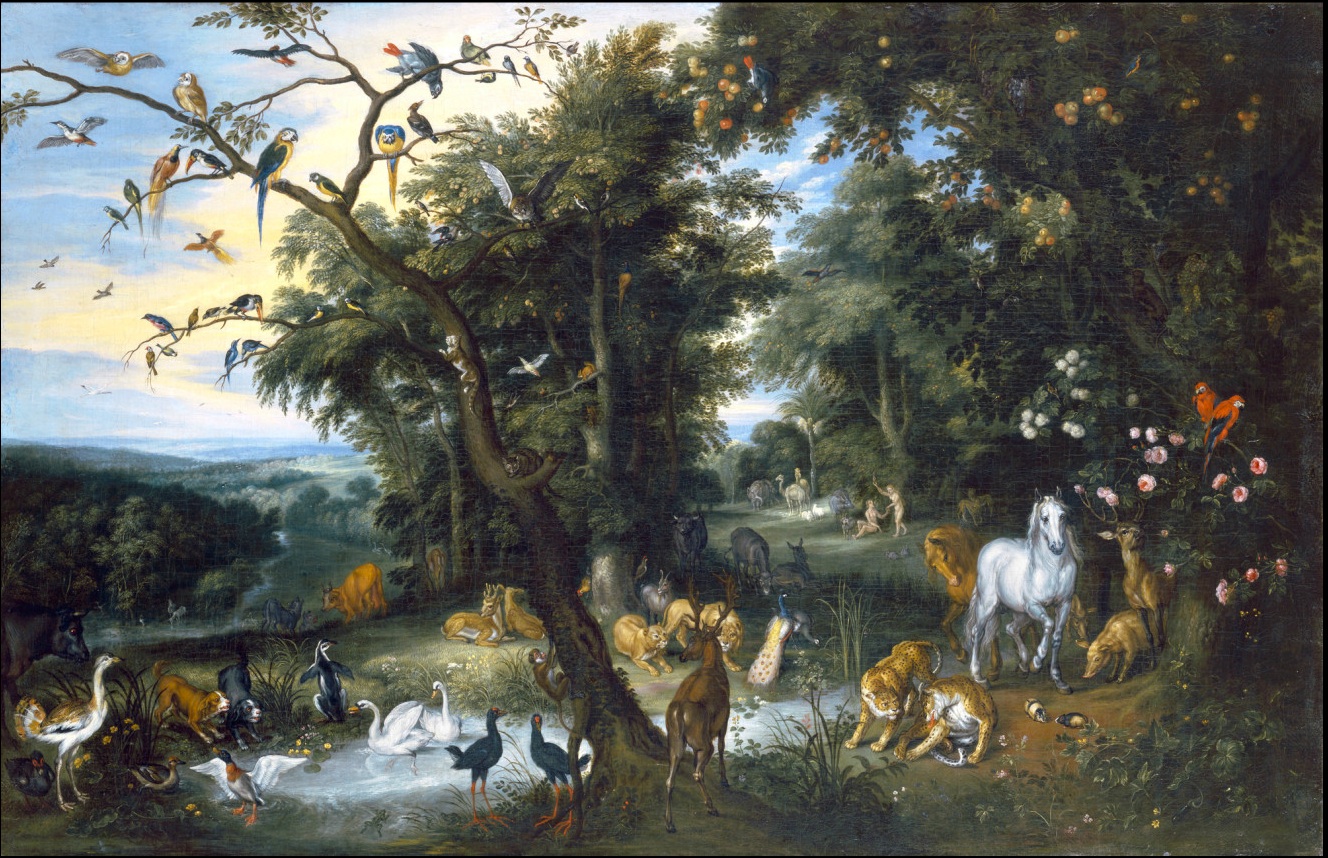
Within the biblical description of the Garden of Eden, one can find the following words:
“The LORD God took the man and put him in the Garden of Eden to work it and take care of it.” (Genesis 2:15)
When reading this verse in the English translation, it does not appear as an ‘unusual’ verse. However, when one reads this very verse in the original Hebrew, it is immediately clear that there is a significant grammatical difficulty.
Unlike English, Hebrew has TWO grammatical genders: masculine and feminine. The term ‘Garden of Eden’ which is ‘Gan Eden’ {גן עדן} in the original Hebrew, is in the masculine gender and so the divine instructions for man should have appeared in the text as masculine – but it appears rather
in the feminine form: ‘Le-Ovdah U-Le-Shomrah’ {לעבדה ולשמרה} instead of ‘Le-Ovdo U- Le-Shomero.’ {לעבדו ולשמרו}
This means, that from the original Hebrew grammar perspective, when the Bible tells us that man was put ‘in the Garden of Eden to work it and take care of it’ – ‘IT’ does not refer to the Garden of Eden but rather to something else!
If it is not the Garden of Eden, what else could it be?
According to one of the Hebrew grammar possibilities, we can read the last part of that verse – ‘to work it and take care of it’ – as the opening statement of the NEXT verses:
“And the LORD God commanded the man, “You are free to eat from any tree in the garden; but you must not eat from the tree of the knowledge of good and evil, for when you eat of it you will surely die.” (Genesis 2:16-17)
In the verses above, God has commanded man TWO things: the first is to eat from ANY tree in the garden, and it is important to mention that in the original Hebrew this is a COMMAND and not merely ‘advice’ as might be understood from the English translation.
And the second is NOT to eat from the tree of the knowledge of good and evil.
The Hebrew word for command is ‘Mitzvah’ {מצווה} and this is exactly the verb being used in the original Hebrew in the words ‘and the LORD God COMMANDED the man.’
Now, the Hebrew word ‘Mitzvah’ is feminine and could perfectly fit into the grammatical structure that we have just described.
But if this is indeed the case, how does ‘to work it and take care of it’ go together with the concept of ‘Mitzvah’ – a command?
The answer is found in the deeper meaning of the two Hebrew words which appear in the original biblical text. The meaning of the Hebrew verb ‘La-Avod’ {לעבוד} is indeed ‘to work’ but in Biblical Hebrew it has also other meanings such as ‘to worship’ or ‘to perform a religious service’ – and so it fits with the first command of eating from ANY tree in the garden, which is an ACTIVE action.
The meaning of the second Hebrew verb ‘Li-Sh’mor’ {לשמור} can be ‘to take care of something’ but similar to the first verb also has other meanings, such as ‘to keep’ or ‘to watch’ and implies a PASSIVE action which can fit with the second command ‘you must NOT eat from the tree of the knowledge of good and evil’ – meaning to PREVENT from eating from the tree.
